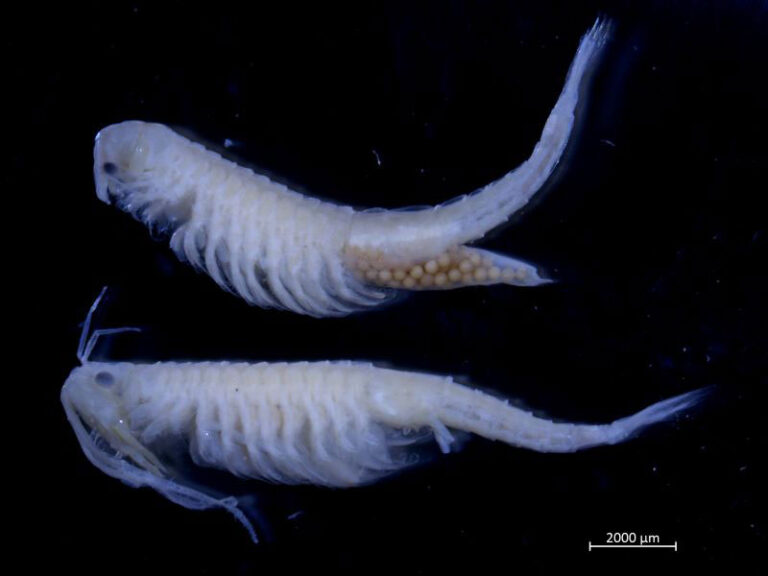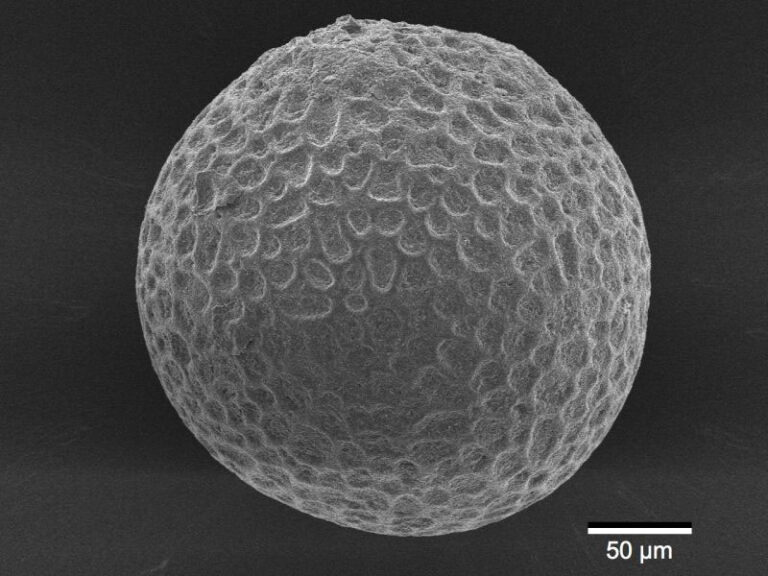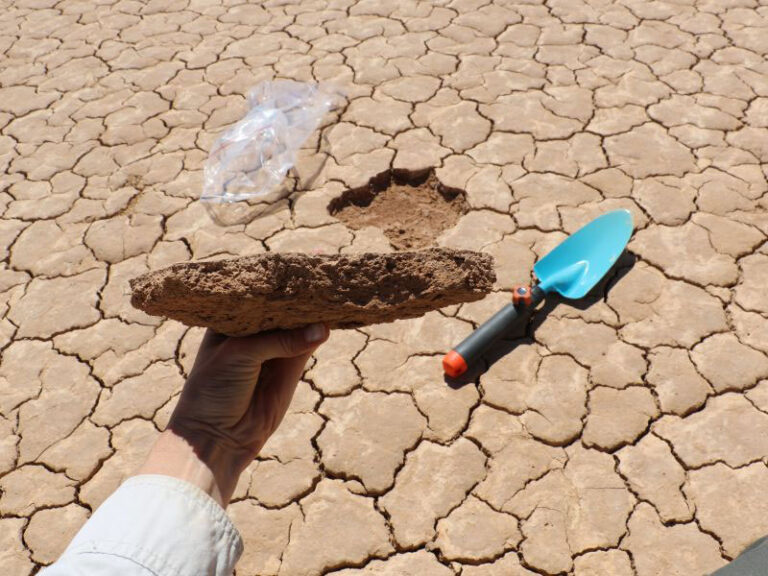A rare fairy shrimp, Pumilibranchipus deserti, was discovered for the first time in South Africa after being recorded only once from a single locality in Namibia during the 1980s.
Unfortunately, the location it was found in, Hakskeenpan, is being subjected to major alterations, which might threaten this population in future.
Temporary wetlands (colloquially known as pans) are common features in arid and semi-arid regions of the world. They are defined by their short hydroperiod and are dominated by unique aquatic invertebrates highly adapted to survive transient habitats.
These specialised invertebrates also comprise the primary food source of migratory water birds and therefore act as essential components in the food chain. Through this, pans produce aquatic steppingstone corridors in a vast terrestrial landscape and because they support such unique species assemblages, they contribute immensely to biodiversity.
Despite their ecological importance, pans are under enormous anthropogenic pressure globally. Land-use changes produced by agriculture, urban development and mining have not only deteriorated a large proportion of these habitats but have also led to major habitat and biodiversity losses, with associated species now being threatened with extinction.
Pans are particularly prone to alterations due to the erroneous public assumption that the bare surfaces produce lifeless systems. Still, they remain neglected in research and conservation practices.





